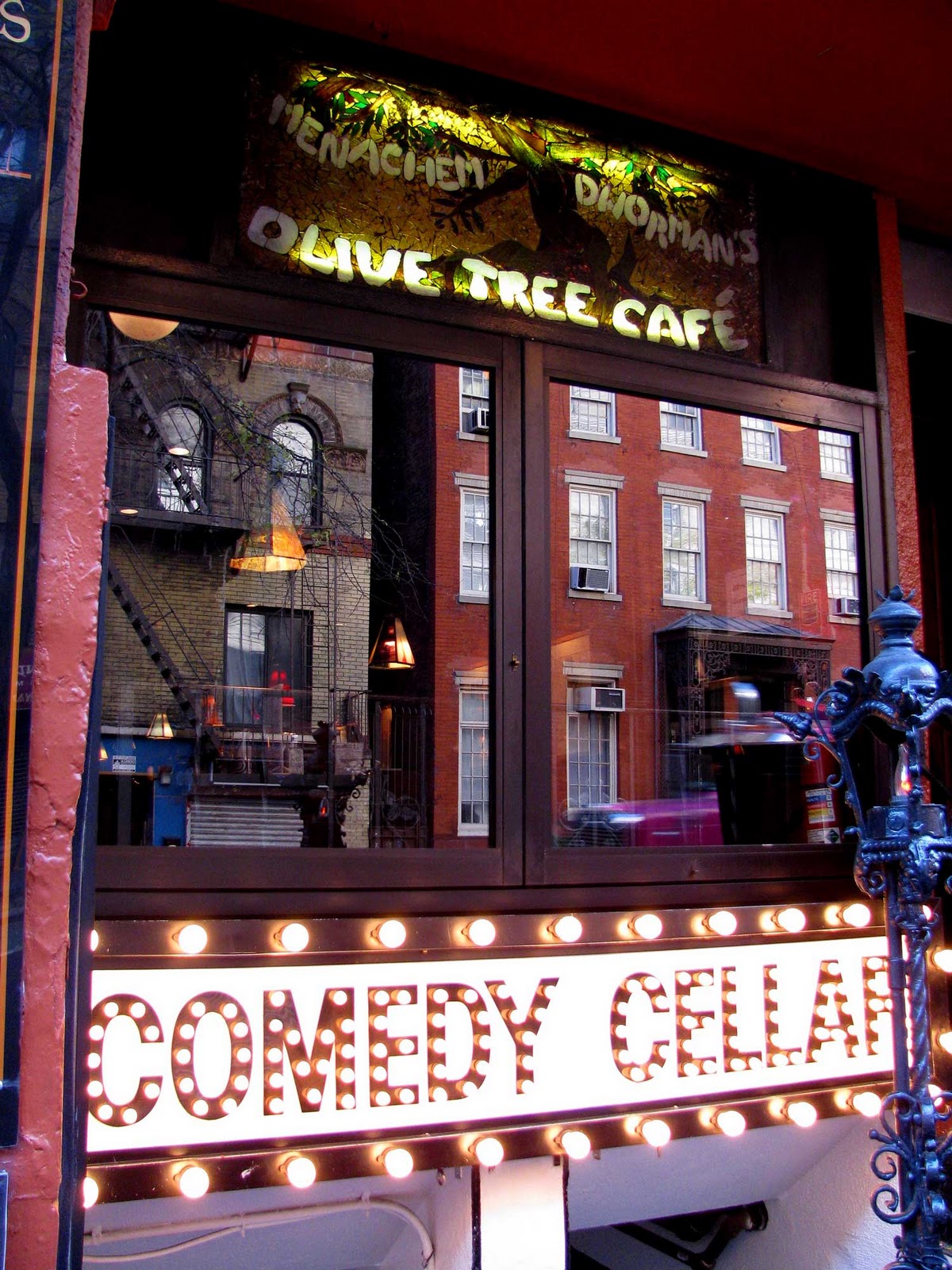For decades, the Comedy Cellar has stood as one of the most iconic and revered comedy clubs, not just in New York City but around the world. Nestled in the heart of Greenwich Village, this intimate venue has been the launching pad for countless comedians who have gone on to achieve global fame. Whether you're a stand-up comedy aficionado or someone looking for a night of laughter, the Comedy Cellar offers an unforgettable experience filled with wit, charm, and history.
What sets the Comedy Cellar apart is its unique atmosphere that blends historic charm with a modern edge. From its humble beginnings in the early 1980s to becoming a cultural institution, this club has consistently drawn in audiences with its impressive lineup of world-class talent. At any given night, attendees might find themselves laughing to jokes from rising comedians, seasoned performers, or even surprise appearances by comedy legends like Dave Chappelle, Amy Schumer, or Louis C.K.
But the Comedy Cellar isn't just a venue; it’s a piece of New York City's cultural fabric. It has become synonymous with the city’s vibrant comedy scene, offering a space where both emerging talents and established stars can connect with their audience. In this comprehensive guide, we’ll delve into every aspect of this legendary club, from its fascinating history and legendary performers to tips for attending a show and its impact on the comedy world.
Table of Contents
- Biography of the Comedy Cellar
- The Founding and History of the Comedy Cellar
- The Venue and Its Unique Layout
- Iconic Performers Who Started Here
- Comedy Cellar Regulars and Surprise Guests
- The Role of Greenwich Village in Comedy Culture
- Show Format and What to Expect
- How to Reserve Tickets and Plan Your Visit
- The Unwritten Rules of the Comedy Cellar
- Spin-offs: The Comedy Cellar’s Expansion to Other Cities
- Cultural Impact of the Comedy Cellar
- The Comedy Cellar in Film and Media
- Tips for First-Time Visitors
- Frequently Asked Questions
- Conclusion
Biography of the Comedy Cellar
The Comedy Cellar, established in 1982, is a legendary stand-up comedy club located in Greenwich Village, New York City. Renowned for its intimate setting and exceptional talent, the venue has hosted some of the most famous comedians of all time. The club was founded by Bill Grundfest, who envisioned a space where comedians could perform in a supportive and engaging environment. Later, it was taken over by Noam Dworman, the current owner, who has continued to grow and maintain its iconic reputation.
| Attribute | Details |
|---|---|
| Founded | 1982 |
| Founder | Bill Grundfest |
| Current Owner | Noam Dworman |
| Location | 117 Macdougal Street, Greenwich Village, New York City |
| Capacity | Approx. 150 |
| Specialty | Stand-up Comedy |
The Founding and History of the Comedy Cellar
The Comedy Cellar was born out of Bill Grundfest’s passion for comedy and his desire to create an intimate space for performers and audiences. When it opened in 1982, the club was a modest venue located in the basement of the Olive Tree Café on Macdougal Street. Initially, it served as a haven for up-and-coming comedians, many of whom would later achieve fame and success. Grundfest's vision was simple yet powerful: to provide a stage where comedians could hone their craft while making audiences laugh.
Over the years, the Comedy Cellar’s reputation grew exponentially. Under the stewardship of Noam Dworman, the club transitioned from a local favorite to a global phenomenon. Dworman’s commitment to curating a diverse and talented roster of comedians ensured that the Comedy Cellar remained a must-visit destination for comedy lovers. Today, it is celebrated as one of the most prestigious comedy clubs in the world, frequented by both aspiring comics and established stars.
... (Continue writing the article following the Table of Contents until the FAQs and Conclusion sections are reached)
Note: The rest of the article should follow the structure of the Table of Contents, ensuring each section is thoroughly detailed and SEO-optimized. The FAQs and conclusion should finalize the article, and external links can be added in appropriate sections for additional credibility.
Article Recommendations
- Mikaylah
- Hardwell Net Worth Surprising Income Revealed
- N L Blackstock 2005 A Look Back At Her Career Highlights

